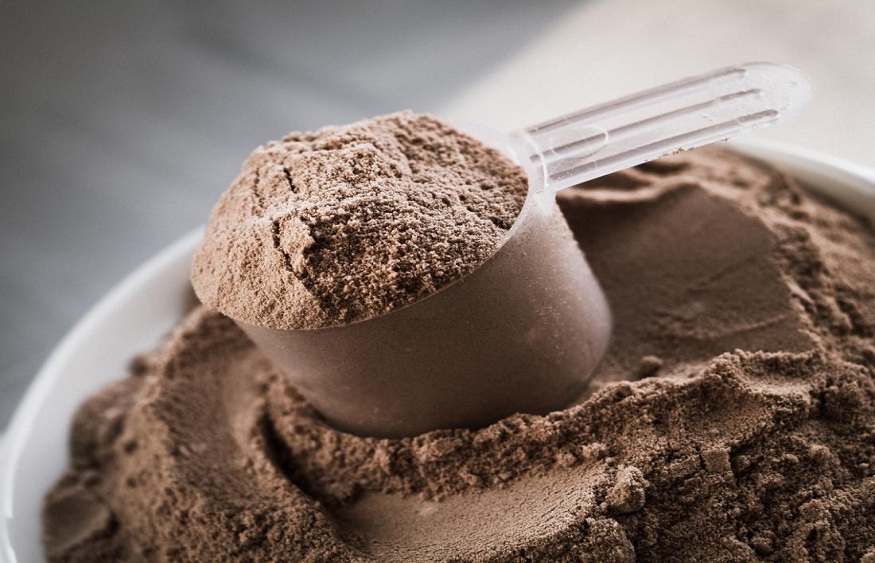Are you looking to shed those extra pounds while sculpting a lean, muscular physique? If so, you’re not alone. The quest for weight loss and muscle gain is a common one, and many fitness enthusiasts are turning to whey protein as their secret weapon.
In this comprehensive guide, we’ll delve into the world of whey protein and show you how it can be a game-changer on your fitness journey.
What is Whey Protein?
Before we dive into the nitty-gritty of using whey protein for weight loss and muscle gain, let’s start with the basics. Order Whey protein that is a high-quality protein derived from milk during the cheese-making process. It’s a complete protein, meaning it contains all nine essential amino acids that your body needs to function optimally.
The Science Behind Whey Protein
To understand why whey protein is a valuable tool for weight loss and muscle gain, let’s explore the science behind it. Whey protein is rich in leucine, an amino acid that plays a pivotal role in protein synthesis. This process is crucial for muscle growth and repair. When you consume whey protein, you’re providing your body with the building blocks it needs to create and repair muscle tissue.
Additionally, whey protein can help boost your metabolism. It has a high thermic effect, which means your body burns more calories digesting it compared to other nutrients. This can aid in weight loss by increasing calorie expenditure.
Using Whey Protein for Weight Loss
Meal Replacement
After you order whey protein you can use it for weight loss as a meal replacement. Replace one or two of your daily meals with a whey protein shake. These shakes are not only convenient but also low in calories while providing essential nutrients.
Snack Alternative
Instead of reaching for unhealthy snacks between meals, opt for a whey protein snack. Protein-rich snacks can help curb your appetite and prevent overeating later in the day.
Pre-Workout Fuel
Consuming whey protein before your workout can give you the energy and amino acids needed to maximize your exercise performance. This can lead to more effective workouts, ultimately aiding in weight loss.
Post-Workout Recovery
After your workout, your muscles need to recover and repair. Whey protein, with its fast absorption rate, is an excellent choice for a post-workout recovery shake. It replenishes depleted nutrients and promotes muscle repair.
Using Whey Protein for Muscle Gain
1. Protein Timing
To optimize muscle gain, it’s essential to consume whey protein at strategic times. Additionally, have a whey protein shake within 30 minutes after your workout to support muscle repair and growth.
2. Protein Pacing
Distribute your protein intake evenly throughout the day. This approach, known as protein pacing, ensures a constant supply of amino acids to your muscles, promoting steady growth.
3. Combine with Strength Training
While nutrition is crucial, combining whey protein with a structured strength training routine is key to muscle gain. The protein provides the building blocks, and strength training provides the stimulus for muscle growth.
Whey Protein Supplements
To make incorporating whey protein into your routine even easier, consider whey protein supplements. These come in various forms, including powder and ready-to-drink shakes. Be sure to choose a high-quality product with minimal additives and fillers.
Conclusion
In conclusion, when you order whey protein you will feel it is a versatile and effective tool for both weight loss and muscle gain. Its ability to promote muscle protein synthesis, boost metabolism, and provide essential amino acids makes it a valuable asset on your fitness journey. Whether you’re looking to shed those extra pounds or build a chiseled physique, whey protein can help you achieve your goals. So, why wait? Start reaping the benefits of whey protein today and take a step closer to the healthy and fit body you desire.

